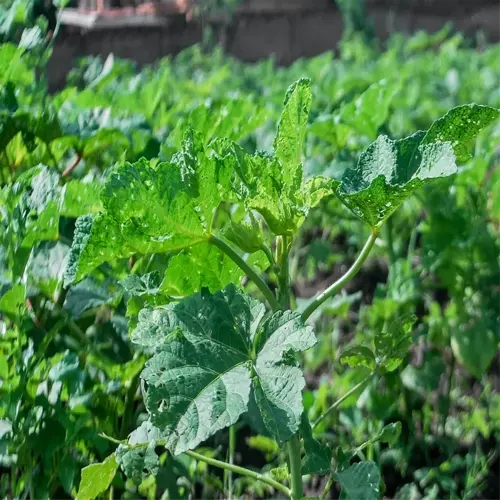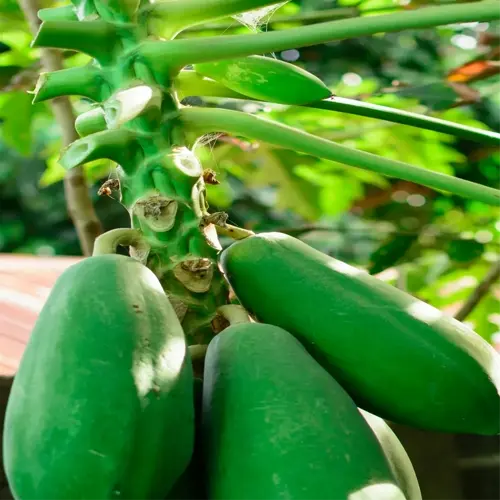Can olive trees survive in cold climates?

Written by
Benjamin Miller
Reviewed by
Prof. Martin Thorne, Ph.D.Growing olives in cold zones relies on which varieties are chosen and how microclimates are created or modified. The Arbequina is tolerant to about 15°F (-9°C) if yours receives extra care. One of my clients in Colorado had a tree that produced olives after a minimum temperature of -6°F (-21°C) by employing trunk wraps and thermal blankets. It's not luck. It comes down to planning.
Winter Protection Methods
- Wrap trunks with burlap below 20°F (-6°C)
- Apply 6" (15cm) mulch around root zones
- Use anti-desiccant sprays on foliage
Container Growing Tips
- Choose 25-gallon pots with drainage holes
- Move indoors near south-facing windows in winter
- Use grow lights for 6+ daily hours
In marginal climates, soil and site selection are of utmost importance. When I grow olives, I plant them against south-facing stone walls where they can benefit from radiant heat. In Michigan, I had a grove planted in heavy clay and started having root rot issues, so we added 40% gravel to aid in drainage. A simple way to test drainage is to fill a 12" (30cm) hole in the soil with water and ensure it drains in two hours or less.
Overwatering Risks
- Winter root rot from soggy soil
- Yellow leaves signal excess moisture
- Reduce watering to monthly in dormancy
Frost Damage Prevention
- Avoid late pruning that stimulates new growth
- Install windbreaks using evergreen shrubs
- Delay uncovering trees until last frost +2 weeks
Patience characterizes growing olives in northern climates. One Minnesota gardener harvested her first crop after seven years. Trees take longer to grow fruit in the cold, but they do develop a denser wood. Annual growth rings demonstrate climate resilience. These trees become family heirlooms - my oldest client has been caring for her grandmother's 1948 Arbequina.
Read the full article: How to Grow Olives: Step-by-Step Guide for Home Gardeners

